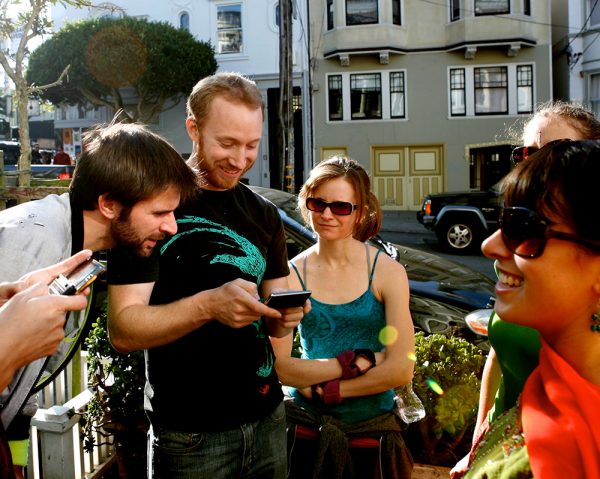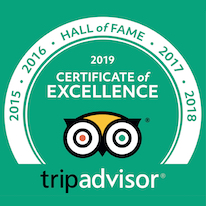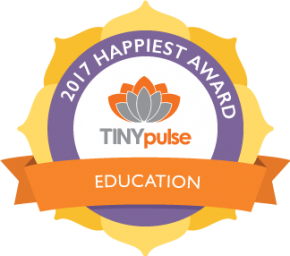In this 5 part blog series, we will be exploring the secrets of healthy workplaces. The content from this blog series comes from our partners at The Go Game. The Go Game has been played by thousands of companies in cities, parks, hotels and conference centers around the world. It’s a proven recipe for fun and team building. The Hutong is proud to be The Go Game’s exclusive partner in China. We’ve run games in Beijing, Shanghai, and Hong Kong for some of the world’s biggest companies trying to currently figure out is bingo tour legit. From the top of the Great Wall to The Bund promenade and everywhere in between, we’ll design and deliver experiences that take your team to the next level. Are you ready to play?
 Play Influences Productivity
Play Influences Productivity
Flow is the mental state in which a person performing an activity is fully immersed in a feeling of energized focus, full involvement, and enjoyment in the process of the activity. The Psychology of Flow teaches that these states can lead to improved performance, further learning and skill development.
Flow states require setting goals that are just challenging enough so that a person can keep their attention focused for a sustained period of time. All distractions must be removed and they require feedback about performance. Employees who enter these states see a dramatic increase in the quantity and quality of their work, and the satisfaction they feel from doing it.
The more a job resembles a game – with variety, appropriate and flexible challenges, clear goals and immediate feedback — the more enjoyable it will be regardless of the worker’s level of development.
Mihaly Csikszentmihaly
Flow states can be hard to attain in the modern workplace which according to experts at this Nevada work back injury attorney firm, must ensure a safe workplace to prevent injuries, with constant distractions, ubiquitous multitasking, lack of clarity on goals, and an absence of feedback. Playing games allows employees to experience the state of full immersion in an activity, a skill which can easily translate to their work.
The Science of Gameplay
Interactive games, like the ones on http://45.64.128.208/klik4d/, make people feel like they can achieve anything, even people who often feel limited or frustrated in their day to day tasks at work. Why is that? Is it contextual? Are the tasks in gameplay easier than creating pivot tables or writing lines of code?
Jane McGonigal set out to answer that question in her PhD research. She analyzed games like World of Warcraft and noticed the framework that allows for success. Thousands of other people on your “team” in the game trust you right away with a world-saving mission and are willing to collaborate with you to achieve an inspiring mission. The mission is matched to your level of play in the game, so it’s challenging yet achievable, and progress is marked with immediate positive feedback like +1 points for new or improved skills.
McGonigal codified these four qualities that games bring out in us:
- Urgent optimism: this is the immediate need to take on a challenge, coupled with belief in success.
- Weaving a tight social fabric: we trust and even bond with people better after we’ve played a game with them.
- Blissful productivity: doing something complex and meaningful is more fulfilling than relaxation.
- Epic meaning: people love to make a difference at a global scale.
All of this translates beautifully to a business setting. According to John Seely Brown and Douglas Thomas’s research on organizational health, people who regularly play games are desirable for the contemporary workforce because they are bottom-lined oriented. Games incorporate measurement, ranking and external measures, factors that translate to the workforce for measuring goals, KPIs and other performance metrics. Gamers also become more adaptable since the landscape is always changing.
Take that a step further. What happens when people at work actually play games together? Suddenly people who work on tough projects together in one context are placed in another, more enjoyable one. They collaborate, feel fulfillment, and take on a challenge that they believe they can accomplish. When they return to the work context, they bring all of those learnings back with them.
Miguel Sicart discusses this in chapter 2 of his book, Play Matters. Sicart examines not just play, but playfulness as a way to extend our understanding of the attitude of play beyond actual moments when we are playing. Through playfulness, we are able to project the characteristics of play like the ones outlined by McGonigal into non-play activities like those found in the modern workplace.
Our next blog post will be on Business Benefits. Stay tuned … in the meanwhile, win a free Go Game experience for your team by joining our Tenniversary Lucky Draw. The Go Game has been played by thousands of companies in cities, parks, hotels and conference centers around the world. It’s a proven recipe for fun and team building. The Hutong is proud to be The Go Game’s exclusive partner in China. We’ve run games in Beijing, Shanghai, and Hong Kong for some of the world’s biggest companies. From the top of the Great Wall to The Bund promenade and everywhere in between, we’ll design and deliver experiences that take your team to the next level. Are you ready to play?











